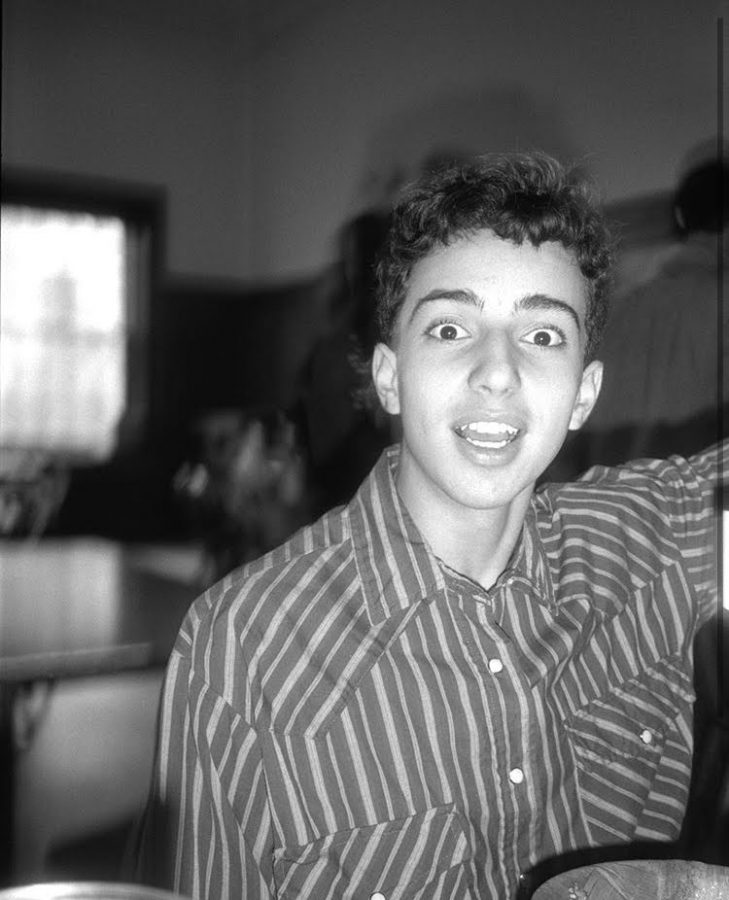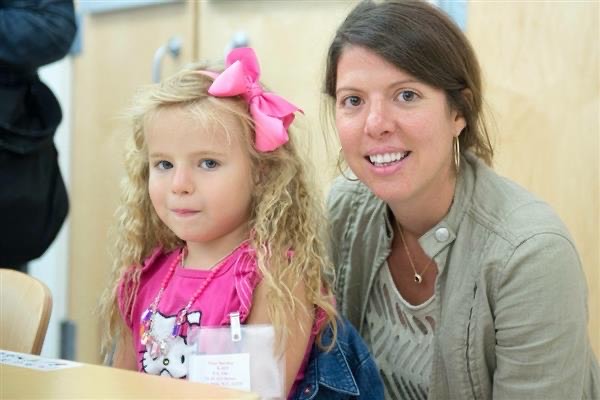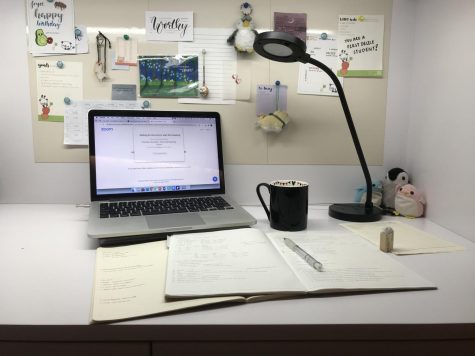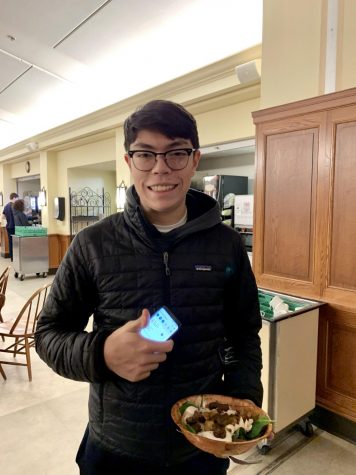Student Profile: John Garbi ’21
November 17, 2020
A performer and activist, John Garbi ‘21 is a valued member of the Student Council and a well-liked friend in the Kent community.
Music is a running trait in the Garbi family: his father is a violinist and his sister is a singer and guitarist. He says that communicating through music is a key component of his relationship with his father. His childhood years were marked by numerous competitions and concerts, large and small, in which he, his dad, and many other performers played. His favorite concerts were the free ones at UW-Madison’s Mills Hall. Although his primary instrument is the piano, John’s wants “to explore all forms of music’s underlying approaches to meaning.” He expresses deep appreciation for the versatility of the piano, the grandness and power of the organ (he has filled in for Mrs. Kovacs at several chapel services over the past two years), the casualness of strumming the guitar after reaching the destination of a hike with friends, and the intense communion when singing in a vocal ensemble (he is the Vice President of the choir program, a head of Kentones, and a section leader of the Chamber Choir). “Through each approach, you can really understand meaning in a different way.” He says it’s all to help him understand his own thoughts.
One of the reasons why John came to Kent was what he describes as the suppressive region of ignorance, homophobia, and racism in rural Wisconsin where he grew up and “couldn’t express [him]self at all.” Recently, he has been much more comfortable “not first considering any social norms or anything outside [himself].”
For Garbi, activism is defined as expressing himself genuinely “whenever [he] understands something to be blatantly aggressive or violent —anything that limits liberty.” As a Sacristan, Spectrum co-head, and multiracial affinity group co-head, he intends to undermine what infringes on “true expression.”
Regarding gender and sexuality, he explains that “there is often such a suppressed understanding of [them] as binaries despite scientific and cross-cultural evidence of [them] being spectrums.” He thinks it is “silly” to believe that individuals would conform to “normal” patterns of sexual and gender expression as they do without coercion, suppression — in locker-rooms, classrooms, and parent-child relationships. John, along with Lexy Pryor and Harry Song, spoke to the full faculty in response to an incident of homophobic violence. He emphasized the need for education on the arbitrary nature of our conceptions of gender and sexuality, which he hopes would not only eliminate the senseless harm and suppression of queer individuals but also of the majority who misunderstand their sexuality and gender. He has also met with the headmaster to discuss short-and-long-term plans for the Kent community. “Education is my biggest thing with this,” he says, referring to his proposal for a course on sexuality and gender incorporating scientific research and cross-cultural comparison.
John is optimistic about the future of Kent and its community. He believes that by understanding our individual selves and our common humanity more fully through communication and expression of any sort (musical, activist, and otherwise) we can reach a more genuine state.







